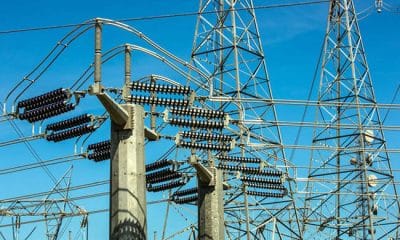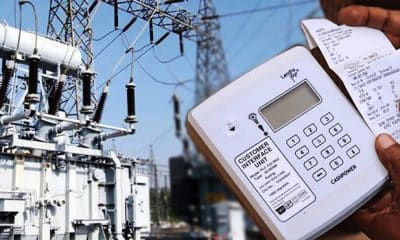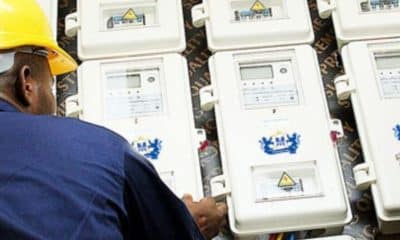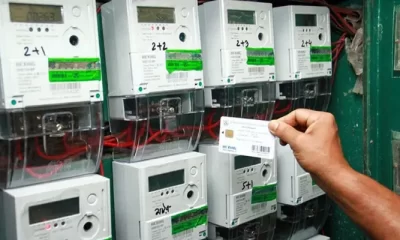Nigeria News
NERC Issues Warning To DisCos, Threatens Sanctions For Poor Electricity Supply
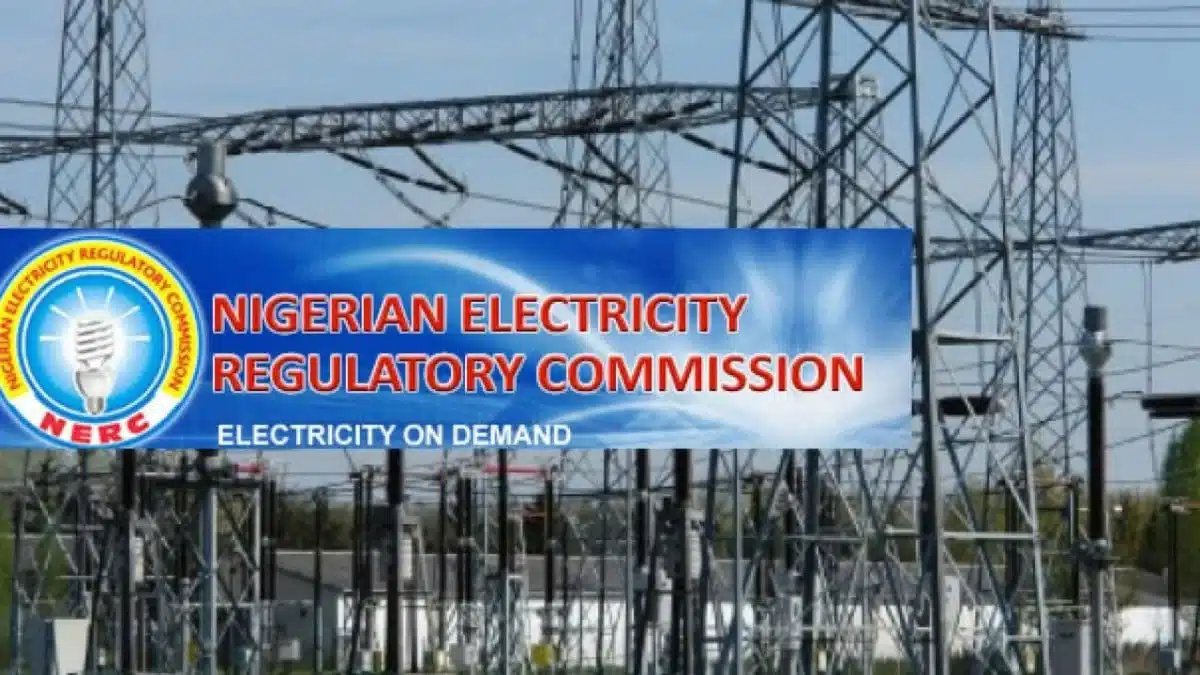
The Nigerian Electricity Regulatory Commission (NERC) has warned distribution companies (DisCos) against poor power distribution.
In its directive on monitoring performance for all DisCos, the regulatory authority said failure to secure at least 95 per cent of the allocated monthly energy for distribution will result in penalties.
Naija News reports that the regulatory authority has introduced measures to penalize utility companies that violate rules that could harm electricity consumers in any way.
NERC announced that it would cut out five per cent of the administrative and operational spending of any DisCo that needs to secure at least 95 per cent of the allocated energy for distribution each month but failed to do so.
This directive stressed that not securing at least 95 per cent of the available energy for distribution in a month will result in corrective action, such as reducing DisCos’ guaranteed administrative and operational spending by 5 per cent for the upcoming quarter.
NERC has stated that DisCos will now be evaluated based on seven critical performance metrics – the percentage of energy consumed compared to the contracted capacity; the rate at which revenue is recovered; adherence to a standardized system of accounts; compliance with the rules on feeder streaming; adherence to the directive on limiting estimated bills; compliance with the rules on implementing forum decisions; and adherence to service standards for addressing complaints received through the NERC contact centre and NERC headquarters.
The commission has highlighted the severe consequences of DisCos’ failure to meet the performance criteria fully. This failure has led to widespread customer dissatisfaction and compromised the utilities’ long-term financial viability. Immediate action is necessary to rectify this situation.
“The imposition of the consequential regulatory interventions specified in this Order shall not be construed as a limitation or foreclosure of the power of the commission to impose any other enforcement sanction under the Electricity Act or any other regulatory instrument.
“This Order is issued without prejudice to the existing obligations and commitment of DisCos as provided in executed contracts and extant rules in the NESI,” said the order signed by the NERC Chairman, Sanusi Garba, and dated July 5, 2024.
The DisCo will face penalties for failing to address complaints as per the NERC resolution within the specified timelines in the CPR.
The fines will be imposed within the initial month, with charges set at ₦10,000 per day for billing issues, ₦2,000 per day for disconnections, interruptions, and voltage problems, and ₦1,000 per day for metering and delays in connection.
After two months of noncompliance to the consumer complaints resolutions, the order stated that “The commission may take other enforcement actions including the withdrawal of the KYL of the head of customer service or the officer responsible for resolving customer complaints in the utility.”
“The NERC order stated that during the effective period of Order No. NERC/320/2022, the commission undertook periodic evaluation of the performance of the DisCos vis-à-vis the set targets and regulatory interventions were taken in line with the provisions of the order and extant rules of the commission.”
On overbilling, NERC said 10 per cent of the naira value of the total overbilling for the period, will be deducted from the DisCo’s annual Admin OpEx allowance during the next tariff review, and credit adjustment for overbilled customers.
“If the energy overbilled is greater than 20 per cent of the allowed cap or the number of customers overbilled represent is greater than 20 per cent of unmetered customer base, the Commission may take other enforcement actions including the withdrawal of the KYL of the Head of Billing or the officer responsible for the billing function in the utility,” it added.

